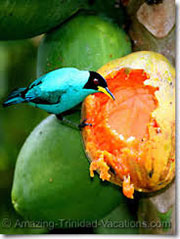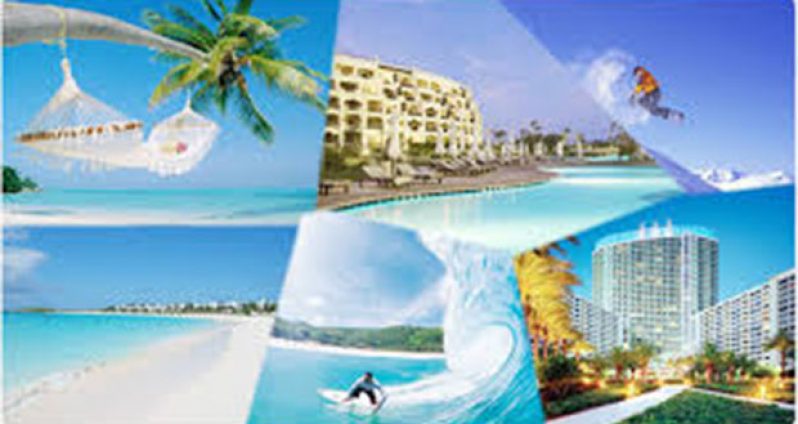SMALL Island Developing States (SIDS) are some of the world’s most beautiful places on earth, their lush forests, tranquil blue waters, sandy beaches, tropical fruits and many more delightful treasures hidden within their bosoms make them some of the most travelled tourist destinations. Nature’s beauty is exemplified in the rich biodiversity of SIDS from continent to continent.  Because of their natural wealth, the majority of SIDS has been able to chart a development course dependent on tourism as thebackbone their economies. However, traditional tourism often causes negative impacts including destruction of important resources such as mangroves, wetlands, coral reefs. Further, it compromises water resources due to the discharge of raw sewage from hotels and cruise ships into the sea. These actions destroy the home and natural setting of many plant and animal species, leading to their endangerment and even extinction.
Because of their natural wealth, the majority of SIDS has been able to chart a development course dependent on tourism as thebackbone their economies. However, traditional tourism often causes negative impacts including destruction of important resources such as mangroves, wetlands, coral reefs. Further, it compromises water resources due to the discharge of raw sewage from hotels and cruise ships into the sea. These actions destroy the home and natural setting of many plant and animal species, leading to their endangerment and even extinction.
In order to preserve the environment while still ensuring the economy grows, SIDS now promote a form of tourism called ecotourism which is “responsible travel to natural areas that conserves the environment and improves the well-being of local people.” (TIES, 1990)
Ecotourism ensures that those of us who are privileged enough to enjoy such bounty do so with care and caution. Here are a few principles of ecotourism:
• Ecotourism should inform tourists about what is needed to sustain the environment they are visiting.
• Ecotourism should also help local populations understand the importance and value of their home.
• Ecotourism should promote environmental stewardship by encouraging travellers to be mindful of wasting resources and polluting the environment.
• Ecotourism should help local economies by generating revenue and jobs, which further encourages the local population to preserve its environment.
It is important to point out that ecotourism is not just a visit to a natural area but it must raise awareness and funds to help protect that particular area.
Ecotourism unites conservation, communities, and sustainable traveland is integral to the future of SIDS, hence, visitors to these countries need to consider the sites they visit and the activities they spend their money on while there. However, for ecotourism to thrive it must be properly regulated and managed to protect against adverse environmental and cultural effects that can come with overbuilding of tourist facilities and influx of populations around fragile ecosystems.
Ecotourism in SIDS should therefore be supported since it has the potential to generate much needed revenue that will protect the natural habitats that residents of these states are so heavily reliant on.
Let’s continue to enjoy nature’s treasures in a responsible and inclusive environment for all!
Share your ideas and questions by sending letters to: “Our Earth, Our Environment”, C/O EIT Division, Environmental Protection Agency, Ganges Street, Sophia, GEORGETOWN, or email us at: eit.epaguyana@gmail.com
http://marinebio.org/oceans/conservation/sustainable-tourism/
http://www.intechopen.com/books/advances
http://www.intechopen.com/books/advances




.png)









